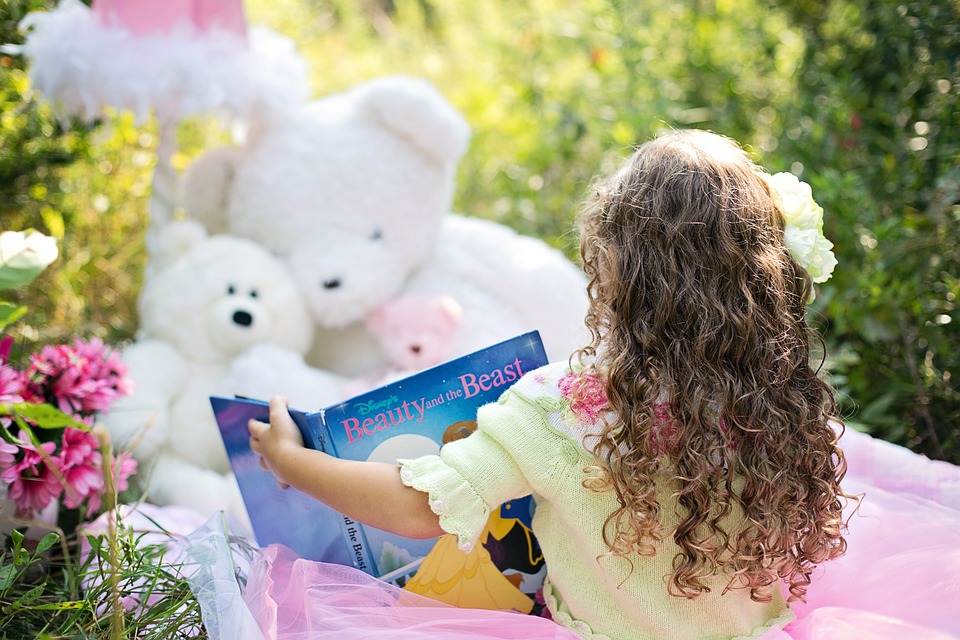8 easy ways to extend children’s vocabulary in your setting
Developing children’s vocabulary can be achieved through a range of strategies or activities. It is important to remember that every child will develop language at their own pace.
Vocabulary building is critical in developing good language and communication skills. These skills are used throughout an individual’s life in communicating with the outside world and making relationships. Adults play an important role in developing children’s vocabulary and communication skills. They are able to scaffold the learning and offer a wide variety of activities to support children’s vocabulary.
Here are 8 easy ways to extend vocabulary
Label items
Labelling items throughout the day will help children to learn the names of objects. Once a child is using single words they will begin to try adding two words together. The practitioner can support this transition by adding a word onto single words that the child may say, for example if a child points and says “flower”, the practitioner may respond with “pretty flower.” This encourages children to start building vocabulary.
Narrate their play
It is a good idea to narrate a child’s play to encourage vocabulary. A practitioner should observe the child’s play and make comments on what they are doing or playing with. Using single words or joining two words together will enable the child to hear the words and try copying.
Tell stories using puppets
Puppets are a great resources to use when developing children’s vocabulary. Puppets can be used to aid songs and stories, or to talk to the children about particular subjects such as following the golden rules. Children respond well to puppets due to the ability to use their imagination, increasing their listening and attention skills. The more attention a child is giving the puppets, the more vocabulary they will be able to take in.
Correct mistakes with care
When a child makes a mistake with vocabulary or pronunciation, it is important not to make them feel embarrassed. You should correct them in a gentle way, possibly repeating the sentence or word back to them in the correct way. You should make the child aware of how the word or sentence should sound without making them feel they have done something wrong.
Repeat repeat repeat
Repeating language is a great way for children to learn and extend their vocabulary. Adults should listen to what the child says and repeat back any key words. This helps the child to hear words spoken clearly and supports them in embedding the words into their vocabulary. Repetition is vital in building an understanding of words and learning to use them in context.
Use picture books
Picture books support children in developing single words that can then develop into sentences. Practitioners should be aware of the children’s language abilities when reading a story. For much younger children the adult should attempt to tell the story using the pictures and single words as it can be difficult for the child to understand longer sentences or keep up with what is happening.
Match their word count
Practitioners should take into account the number of words the child is currently using. Adults can observe the child using language prior to offering interaction. If a child is only using non verbal gestures such as eye contact, the practitioner should do the same; whereas a child that is using three or four word simple sentences should be spoken to using the same number of words. This ensures the child is able to take in the information and understand what is being asked. This in turn will impact on the children’s vocabulary.
Use visual aids
Visual aids are a great tool in developing vocabulary. These aids can be widgets or real, everyday objects and can be used to support children’s understanding of single words. When building up vocabulary, visual aids can be used to accompany a word such as showing a child a nappy at changing time and saying “nappy” too. This enables the child to understand what a “nappy” is and what is going to happen. This can be used for a variety of words or phrases to aid the children’s understanding.

Thank you, I’ve applied some . I will applied your recommendations thanks